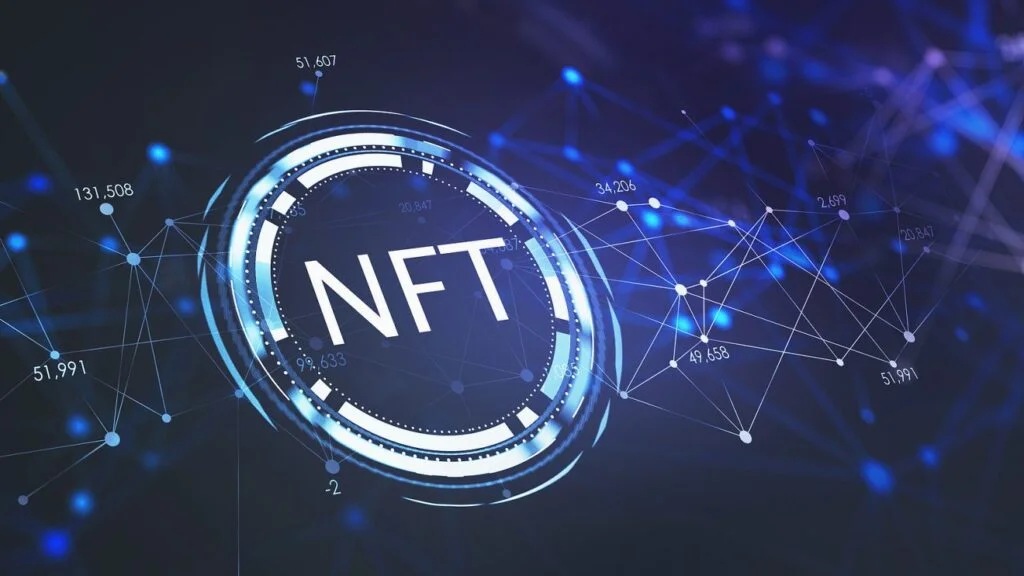As lawsuits mount, the U.S. Patent and Trademark and Copyright departments will investigate how NFTs may affect intellectual property rights.

The United States Patent and Trademark Office and U.S. Copyright Office are getting ready to start research into the effects of nonfungible tokens (NFTs) on intellectual property rights as they continue to spark interest.
The investigation of NFTs comes in response to a June request from senators Thom Tillis and Patrick Leahy for a thorough investigation of the possible effects the developing asset class might have on intellectual property rights.
The two departments have agreed to work with Leahy and Tillis to carry out the study. They have already begun preliminary planning meetings with a variety of stakeholders who are familiar with the NFT landscape.
The senators from North Carolina and Vermont initially suggested a wide variety of issues, which would be taken into consideration. This covers potential IP issues with NFT applications in the future, ownership rights when an NFT is transferred, licensing rights and infringements, and potential IP rights granted to NFT producers.
Companies that have recently experienced product or intellectual property infringement have already seen a great deal of conflict as a result of the NFT market. A number of well-known brands have filed lawsuits against NFT markets and platforms that they believe may have violated related IP rights.
Global sportswear company Nike made waves in February when it filed legal action against online retailer StockX for violating its trademark by selling NFTs of sneakers that weren’t authorized. In order to incorporate redeemable, real-world replicas of the shoes, the corporation has offered Nike NFT shoes.
American rapper Lil Yachty is engaged in his own legal conflict in California after accusing two record labels of trademark infringement. The 24-year-old asserted that the companies raised more than $6.5 million in venture financing to fund the introduction of a number of NFTs using his name and likeness.
After critically regarded filmmaker Quentin Tarantino sought to introduce NFTs based on his hugely successful 1994 movie Pulp Fiction, production company Miramax likewise chose the legal path in November 2021. As Tarantino prepared to release an NFT collection with seven uncut screenplay scenes, unique commentary, and original handwritten screenplays, the company asserted that he had violated copyrights.
